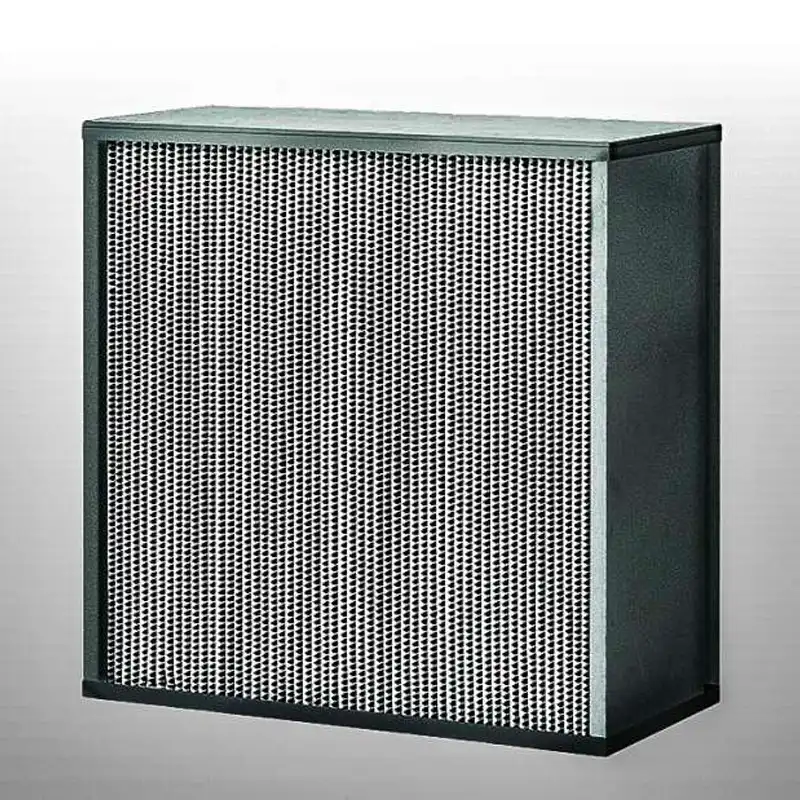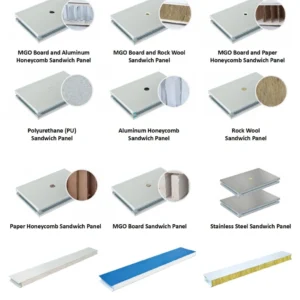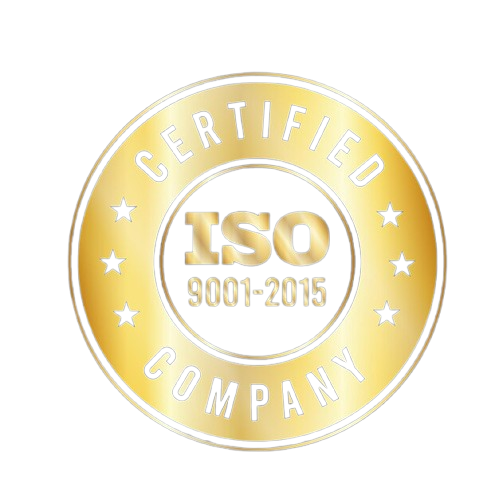In today’s world, where air pollution is a growing concern, ensuring the air we breathe is clean and safe has become paramount. One of the key players in achieving this goal is the HEPA filter. But what exactly is a HEPA filter, and how does it work to improve air quality?
This is where HEPA filters come into play. But what is a HEPA filter, and how does it contribute to improving indoor air quality?
Let’s dive deep into the world of HEPA filters and unravel the secrets behind these air purification marvels.
What Is A HEPA Filter?
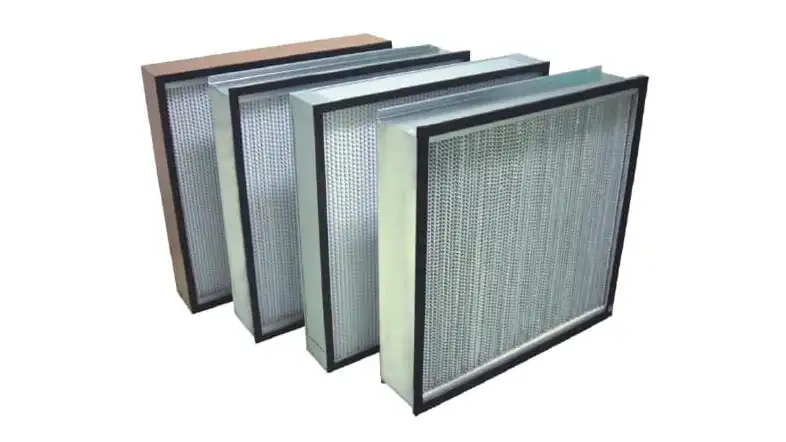
HEPA stands for High-Efficiency Particulate Air, and a HEPA filter is a specially designed type of air filter that’s renowned for its exceptional ability to trap tiny particles.
These filters have been around since World War II, originally created to protect scientists from inhaling radioactive particles. Today, they play a crucial role in maintaining clean air in various settings, from hospitals to homes.
What Does Hepa Stand for in Hepa Filter
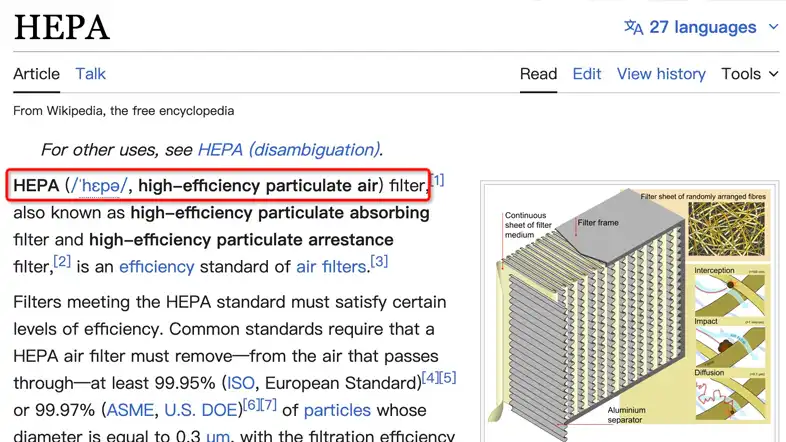
HEPA stands for “High-Efficiency Particulate Air” in HEPA filter. This acronym describes the primary characteristic and purpose of the filter, which is to efficiently capture and remove particles from the air.
HEPA filters are renowned for their exceptional ability to trap tiny particles, making them a crucial component in various air purification systems and devices.
What is hepa filter means?
A HEPA filter, or High-Efficiency Particulate Air filter, is a type of air filtration system designed to effectively capture and remove airborne particles from the air. These particles can include dust, pollen, pet dander, mold spores, bacteria, viruses, and other microscopic contaminants.
HEPA filters are known for their high efficiency in trapping even extremely small particles, with a minimum capture rate of 99.97% for particles as small as 0.3 microns in size.
This makes HEPA filters a valuable tool in improving indoor air quality, particularly in environments where clean and allergen-free air is essential, such as homes, hospitals, laboratories, and cleanrooms.
How Does A HEPA Filter Work?
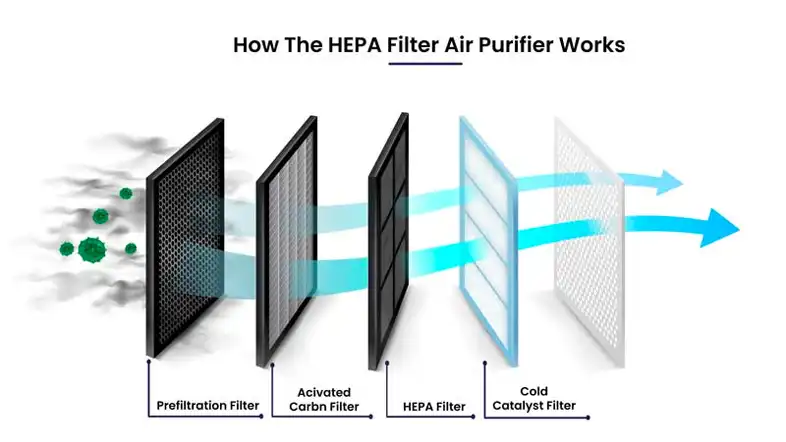
How does HEPA filter work?
Imagine a HEPA filter as a super-efficient net for capturing tiny invisible particles from the air. These particles could be anything from dust and pollen to pet dander and even bacteria or viruses.
Here’s how it accomplishes this task:
- The Maze of Fibers: Inside a HEPA filter, there is a dense maze of incredibly fine fibers. These fibers are packed together in a way that creates a tangled web or maze, with many twists and turns.
- Forced Airflow: When air containing particles flows through the filter, these particles are carried along by the air current.
- Impaction: Larger particles, like dust and pollen, are too heavy to navigate the twists and turns of the fiber maze. They collide with the fibers and stick to them due to their inertia, much like a bug hitting a windshield. This process is called impaction.
- Interception: Slightly smaller particles may not collide with the fibers but get close enough to them that they are intercepted or captured as they pass by. Think of it as a near-miss.
- Diffusion: The tiniest particles, which are continually jostled by air molecules, move in a random zigzag motion. This erratic movement increases their chances of being captured by the fibers in the filter. This phenomenon is known as diffusion.
- Effective Capture: Collectively, these three mechanisms – impaction, interception, and diffusion – ensure that particles of various sizes and types are effectively trapped within the HEPA filter.
The result? Clean, purified air that’s virtually free of the microscopic irritants that can trigger allergies, worsen respiratory conditions or simply make breathing less pleasant.
In essence, a HEPA filter acts as a gatekeeper for your indoor air quality, ensuring that the air you breathe is as clean and healthy as possible. It’s like having a superhero for your lungs, silently working to make sure you get the best air quality possible.
The Benefits of Using HEPA Filter
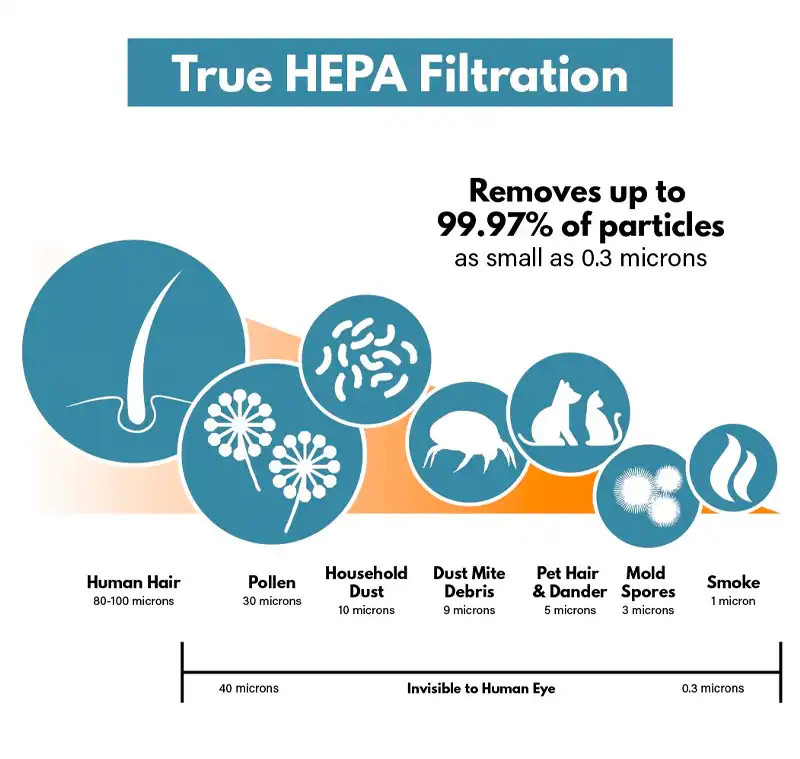
HEPA filters, short for High-Efficiency Particulate Air filters, offer a wide range of advantages when it comes to improving indoor air quality and overall health. Here are some key benefits:
1. Allergen Removal
HEPA filters are highly effective at capturing common allergens like pollen, pet dander, and dust mites. If you or your family members suffer from allergies, a HEPA filter can significantly reduce your exposure to these triggers, providing relief from sneezing, runny noses, and itchy eyes.
2. Asthma Relief
For individuals with asthma, clean air is crucial. HEPA filters excel at removing airborne asthma triggers, such as mold spores, smoke particles, and particulate matter. This can lead to fewer asthma attacks and better overall respiratory health.
3. Smoke and Odor Elimination
HEPA filters can also tackle more challenging air pollutants, including smoke particles and unpleasant odors. If you live in a household with smokers or enjoy cooking aromatic meals, a HEPA filter can help maintain a fresh and odor-free indoor environment.
4. Enhanced Overall Health
Breathing clean air has numerous health benefits. HEPA filters can reduce the risk of respiratory infections and promote better lung function, especially in children and the elderly. Improved air quality can contribute to overall well-being and better quality of life.
5. Allergy Prevention
In addition to relieving existing allergies, HEPA filters can also prevent allergies from developing in the first place. By removing allergens from the air, these filters create an environment less conducive to the development of new sensitivities.
6. Reduced Airborne Viruses
While HEPA filters are not designed to capture viruses directly, they can trap respiratory droplets containing viruses. This can be especially valuable during flu seasons or when contagious illnesses are a concern.
7. Better Sleep
Clean air can lead to better sleep quality. By removing airborne irritants that may disrupt sleep, such as dust and allergens, HEPA filters can contribute to more restful and refreshing sleep.
8. Improved Focus and Productivity
Clean air has been linked to improved cognitive function and productivity. In workplaces or study environments, HEPA filters can help maintain air quality, leading to better concentration and performance.
9. Long-Term Savings
While HEPA filters require periodic replacement, their ability to maintain clean air can lead to long-term savings by reducing healthcare costs and prolonging the lifespan of HVAC systems by preventing the buildup of dust and debris.
10. Peace of Mind
Knowing that you and your family are breathing clean, healthy air can provide peace of mind. HEPA filters offer a straightforward and reliable solution to indoor air quality concerns.
HEPA filters are a valuable addition to homes, workplaces, and healthcare facilities, providing a wide array of benefits that encompass improved health, comfort, and overall quality of life. Whether you’re dealing with allergies, asthma, or simply aiming to breathe cleaner air, HEPA filters are a dependable ally in the quest for better indoor air quality.
Common Misconceptions About HEPA Filters
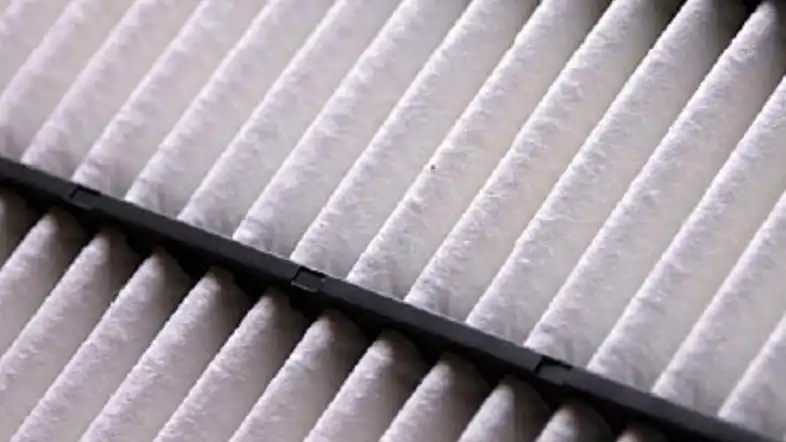
Despite their widespread use and effectiveness, there are several misconceptions surrounding HEPA filters that can lead to confusion. Here are some of the most common misconceptions:
HEPA vs. HEPA-Type
Misconception: Not all air filters labeled as “HEPA” are genuine HEPA filters.
Clarification: True HEPA filters must meet specific standards set by authorities like the U.S. Department of Energy. Some filters labeled as “HEPA-like” or “HEPA-type” may not meet these stringent requirements. To ensure you’re getting a true HEPA filter, look for one that is certified as such.
Maintenance
Misconception: HEPA filters are maintenance-free.
Clarification: While HEPA filters are highly efficient, they do require maintenance. Over time, as they capture particles, their effectiveness can diminish. Manufacturers typically provide guidelines on when to replace the filter. It’s essential to follow these recommendations to maintain optimal air quality.
Noise Level
Misconception: HEPA filters are noisy and disruptive.
Clarification: Many modern HEPA air purifiers are designed to operate quietly. Noise levels can vary between models, but you can find units that produce minimal noise, ensuring clean air without disturbance. Always check the product specifications for noise levels if this is a concern.
Instant Air Improvement
Misconception: HEPA filters provide instant air improvement.
Clarification: While HEPA filters are effective at capturing particles, they may not provide immediate relief for certain issues like strong odors. Air purification takes time, and the degree of improvement depends on factors such as room size, filter capacity, and the concentration of pollutants.
Air Sterilization
Misconception: HEPA filters can sterilize the air.
Clarification: HEPA filters can capture airborne particles, including some viruses and bacteria, but they do not sterilize the air in the same way as medical-grade sterilization systems. For comprehensive air sterilization, specialized systems may be necessary.
Energy Consumption
Misconception: HEPA filters consume a significant amount of energy.
Clarification: HEPA filters are generally energy-efficient. They use relatively low amounts of electricity to operate, especially when compared to older air purification technologies. Look for ENERGY STAR-certified models to ensure energy efficiency.
One-Size-Fits-All
Misconception: A single HEPA filter can handle all air quality issues.
Clarification: HEPA filters are excellent at capturing particles, but they may not address all air quality concerns. Different filters may be needed for specific issues like smoke, odors, or chemicals. Some air purifiers combine HEPA filters with additional technologies for comprehensive air cleaning.
By dispelling these misconceptions and gaining a better understanding of HEPA filters, individuals can make more informed choices when it comes to improving indoor air quality. HEPA filters remain a valuable tool in achieving cleaner and healthier air within homes and workplaces.
FAQs
Are HEPA filters washable?
No, HEPA filters are not washable. Attempting to wash them can damage the delicate fibers, reducing their effectiveness. It’s best to replace them as needed. So you need to read the manual to know if you can clean HEPA filter.
Can HEPA filters remove viruses?
HEPA filters can capture some viruses, including the flu virus, but they may not be effective against all viruses. It’s essential to combine air filtration with other preventive measures.
Do I need a HEPA filter if I have central air conditioning?
Central air conditioning systems may have filters, but they are often not as efficient as dedicated HEPA filters. Adding a standalone HEPA air purifier can further improve indoor air quality.
Are there any health risks associated with HEPA filters?
HEPA filters are generally safe to use. However, individuals with certain health conditions should consult with a healthcare professional before using air purifiers.
How long does a HEPA filter last?
The lifespan of a HEPA filter varies depending on usage and the environment. On average, they may last six months to two years. Always follow the manufacturer’s recommendations for replacement.
Can HEPA filters help with allergies?
Yes, HEPA filters are highly effective at reducing allergens in the air, making them a valuable tool for allergy relief.
Conclusion
In the quest for cleaner, healthier air, understanding what a HEPA filter is and how it works is essential. These remarkable filters have transformed the way we address indoor air quality, offering a simple yet effective solution to combat airborne pollutants and allergens.
By incorporating HEPA filters into your home or workspace, you can take a significant step towards breathing easier and living healthier.
Remember, the key to reaping the full benefits of HEPA filters lies in their proper maintenance and usage. Stay informed, replace filters as needed, and enjoy the benefits of clean, fresh air every day.

